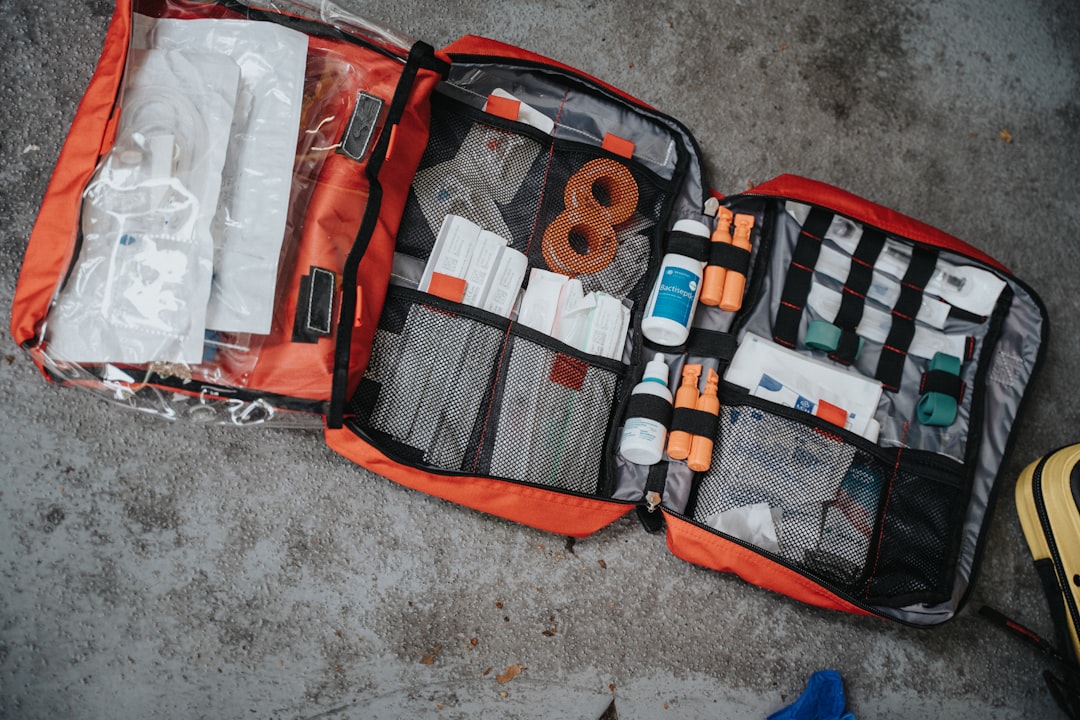What is it about?
It is an analysis of current situation of Antimicrobial Stewardship (defined in this paper as a combination of efforts and interventions at policy, management, implementation, public and community levels aiming at ensuring: appropriate use of antimicrobials, improved patient outcomes, minimal occurrence of adverse events, prevention of antimicrobial resistance (AMR), and that there are quality medicines in the market and in health facilities) in Tanzania using strengths, weaknesses, opportunities and challenges.
Featured Image
Why is it important?
The WHO worldwide situation analysis report on antimicrobial resistance (AMR) of 2015, revealed inadequate capability to address AMR in African region. Also, studies in Tanzania had indicated raising levels of health care infections caused by Methicillin Resistant Staphylococcus aureus (MRSA) and Expanded Spectrum Beta-Lactamase (ESBL). The paper has looked at antimicrobial stewardship (AMS) roles taking into account the decentralised health system in Tanzania. The paper presents a background to the stewardship function in health sector as championed by the World Health Report of 2000; discusses antimicrobial use in Tanzania; rationale for the paper; SWOC analysis per level of service delivery; roles in improving AMS according to the level of service delivery; a snapshot of AMS in other East African Community (EAC) Member States; and ends up with conclusion and recommendations. There are key messages from the paper: (1) AMS programmes need to take into account the local context. Each of the levels of services delivery in Tanzania has specific function and governance structures that have big roles in addressing AMR; (2) Emerging and re-emerging infectious diseases such as Cholera and inadequate laboratory capacity at primary level health facilities are key challenges facing the sector in addressing AMR; and (3) there are several opportunities in improving AMS and addressing the challenges identified including - (a)efforts to harmonise regulation of medicines and strengthening pharmacovigillance systems in EAC member states; (b)presence of integrated disease surveillance and response system; good governance arrangements such as Medicines and Therapeutics Committees; and (c)use of OneHealth approach. The paper recommends that: (1) all stakeholders should work towards establishment of AMR surveillance system as a matter of urgency; (2)Stakeholders in health, animal and water sectors need to support efforts to address AMR; and that (3) all EAC Member States should strengthen surveillance systems on AMR and establish a network of surveillance in the region.
Perspectives
Writing this article was an interesting journey as it gave me ample chance to restudy the decentralised system and its contribution in the efforts to address AMR. It is a timely work that contribute to the call by the WHO to its Member States to strengthen efforts to address AMR. This paper adds to the body of knowledge on existing potentials in the country that need to be strengthened to address AMR comprehensively.
Dr Eliudi Saria Eliakimu
Ministry of Health, community Development, Gender, Elderly and Children
Read the Original
This page is a summary of: Antimicrobial stewardship in Tanzania, International Journal of Health Governance, September 2016, Emerald,
DOI: 10.1108/ijhg-02-2016-0012.
You can read the full text:
Contributors
The following have contributed to this page










